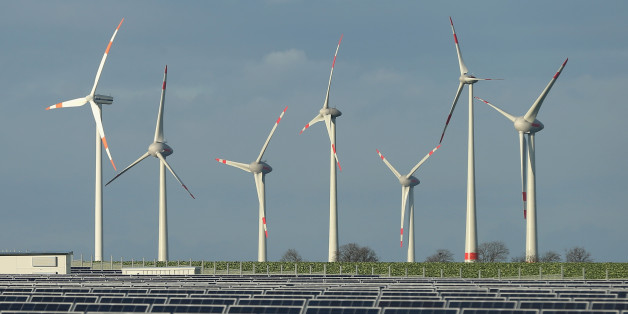World cities are increasingly embracing renewable energy, a new report by an environmental NGO has shown.
The report published Tuesday by CDP, a not-for-profit environmental impact researcher,reveals that out of over 570 of the world’s cities over 100 of them are now getting at least 70% of their electricity from renewable energy sources such as hydro, geothermal, solar and wind.
The list includes large cities such as Auckland (New Zealand); Nairobi (Kenya); Oslo (Norway); Seattle (USA) and Vancouver (Canada), and is more than double the 40 cities who reported that they were powered by at least 70% clean energy in 2015.
According to the report, much of the drive behind city choice for clean energy, climate action and reporting comes from the 7,000+ mayors signed up to The Global Covenant of Mayors for Climate and Energy who have pledged to act on climate change.
The new data has been released ahead of the Intergovernmental Panel on Climate Change (IPCC) conference in Edmonton, Canada on 5th March, when city government and science leaders will meet on the role of cities in tackling climate change.
Read:China overtakes US in green energy investment, says report
CDP reports that cities are currently instigating renewable energy developments valued at US$2.3 billion, across nearly 150 projects. This forms part of a wider shift by cities to develop 1,000 clean infrastructure projects, such as electric transport and energy efficiency, worth over US$52 billion.
According to Kyra Appleby, Director of Cities at CDP, cities are responsible for 70% of energy-related CO2 emissions and there is immense potential for them to lead on building a sustainable economy.
“Reassuringly, our data shows much commitment and ambition. Cities not only want to shift to renewable energy but, most importantly – they can. We urge all cities to disclose to us, work together to meet the goals of the Paris Agreement and prioritize the development of ambitious renewable energy procurement strategies,” says Appleby.
Read:Nigeria issues Green Bond to boost renewable energy projects
According to the World Economic Forum, unsubsidized renewables were the cheapest source of electricity in 30 countries in 2017, with renewables predicted to be consistently more cost effective than fossil fuels globally by 2020.

